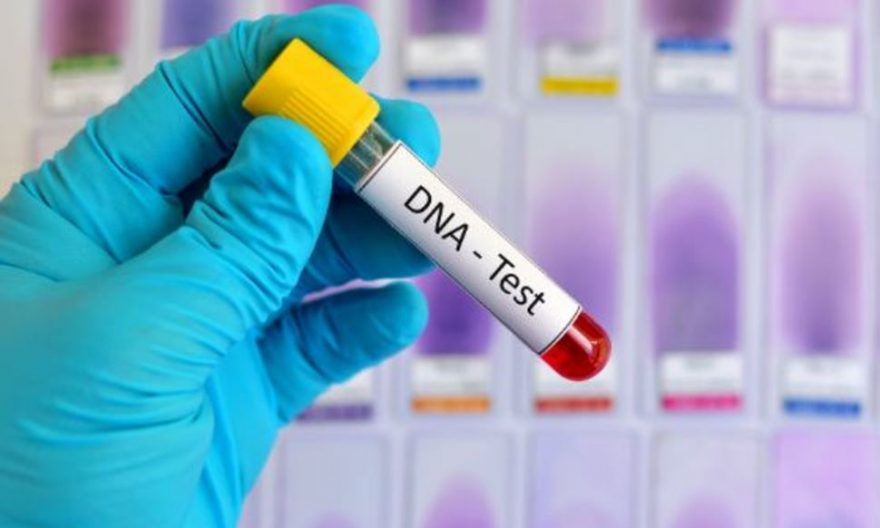
The phrase ‘DNA testing’ has recently become a household term. Everyone seems to be talking about it. This is because science has advanced enough in the last two decades to make both large- and small-scale testing of DNA much more efficient, accurate, and widely available. Here are three common uses for this high-tech scientific test.
Disease Research
One of the main reasons to test DNA is for research into which genes control diseases like breast cancer and conditions like sickle-cell anemia. Researchers use microarrays controlled by programs such as Mapix software to compare gene samples, looking for differences so they can spot exactly where negative mutations occur. This in turn advances options for the treatment of such killer diseases.
Personal Ethnicity
By far the most popular form of DNA testing is to determine your personal genetic background, showing family history and ethnicity. This kind of testing has entered the public consciousness through Youtube ‘Reveal’ videos and the like, showcasing different people’s test results and their often surprised reactions to those results.
Human Genome Sequencing
DNA testing was used to analyze genetic samples for the Human Genome Project, which is arguably one of the most fascinating scientific developments of the last twenty years. This project researched how humans evolved, spread across the globe, and intermixed over millennia, and it gave amazing insights into the history of our species. Many people even had the opportunity to contribute to this fascinating research, since people all over the world were encouraged to contribute their own tissue swabs.
Genetic comparison and sequencing are here to stay, and modern medicine is sure to make use of them in future innovations. If you’re still interesting in this subject, why not do some research of your own? You might decide to have your own DNA tested, and who knows what you’ll find!
4,305 total views, 3 views today

